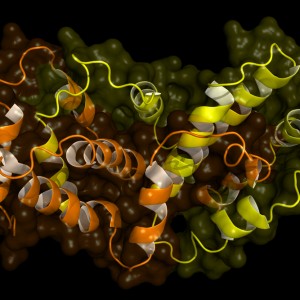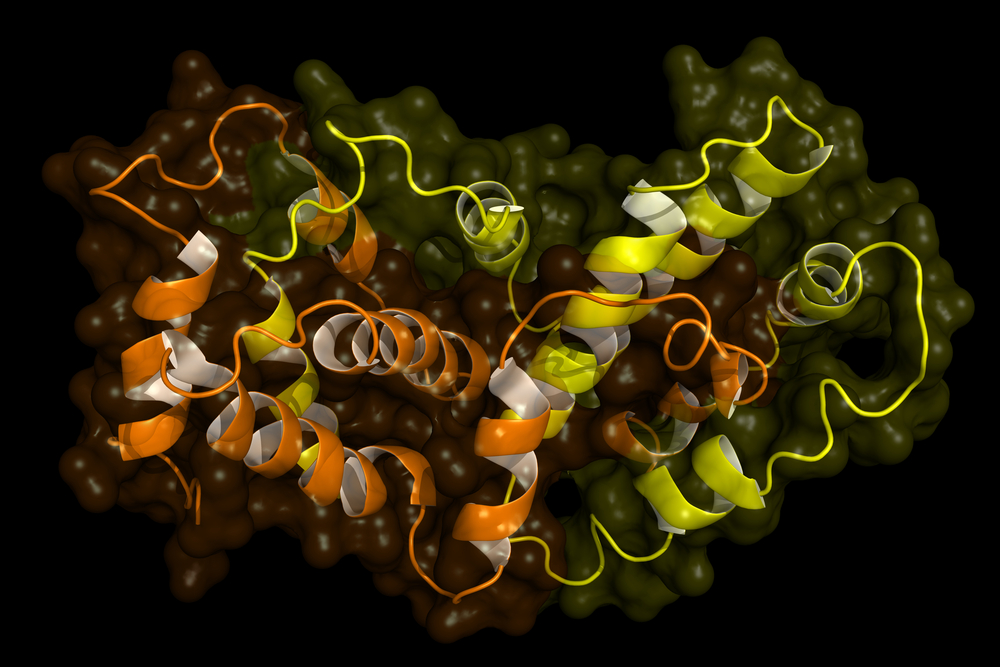 A recent review, published in the Journal of Interferon & Cytokine Research (JICR), titled “The Role of Cytokines in Breast Cancer Development and Progression“, discussed the involvement of inflammation and the immune system in the development and progression of breast cancers.
A recent review, published in the Journal of Interferon & Cytokine Research (JICR), titled “The Role of Cytokines in Breast Cancer Development and Progression“, discussed the involvement of inflammation and the immune system in the development and progression of breast cancers.
In particular, the role of cytokines has been a central focus in breast cancer research, due to their involvement in cancer initiation, protection, and metastasis.
Cytokines are proteins secreted by the immune system that can control communication between immune cells and balance the intensity of an immune response. Cytokines are grouped, depending on their cellular function, into tumor necrosis factors, interleukins, interferons, and colony-stimulating factors.
Even though over the years cytokines have been implied in cancer biology, their exact role in breast cancer is still not known. However, inflammation has been shown to play a major role in the development of several different cancers, promoting angiogenesis and metastasis, in which cytokines are known to play a crucial part.
The research team, led by Dr. Marcella Esquivel-Velázquez, Universidad Nacional Autónoma de México (México City) and Instituto Nacional de Salud Pública (Morelos, Mexico), reviewed the most recent data that supports a role for cytokines in breast cancer, especially the link between these proteins and inflammation, obesity, formation of new blood vessels (to feed tumors), tumor spread and immune-evasion.
[adrotate group=”3″]
“This article provides a thorough discussion of the impact of inflammation and cytokine biology on many aspects of breast cancer and can serve as a helpful resource to find specific details regarding mechanisms and therapeutic potential,” Journal of Interferon & Cytokine Research Co-Editor-in-Chief Thomas A. Hamilton, PhD, Chairman, Department of Immunology, Cleveland Clinic Foundation, said in a news release.
As the authors write in their study, “New data on breast cancer immunology from the past several years suggest that many long-established and widely accepted paradigms be revised. We have reviewed data that have led to novel models of the biology and function of breast cancer cells”, they explain. “The development of drugs that specifically target cytokines, such as the IL-6/sIL-6R pathway, will be valuable in the treatment of breast cancer, in which immune inflammation has a protagonic function”, they further conclude.

